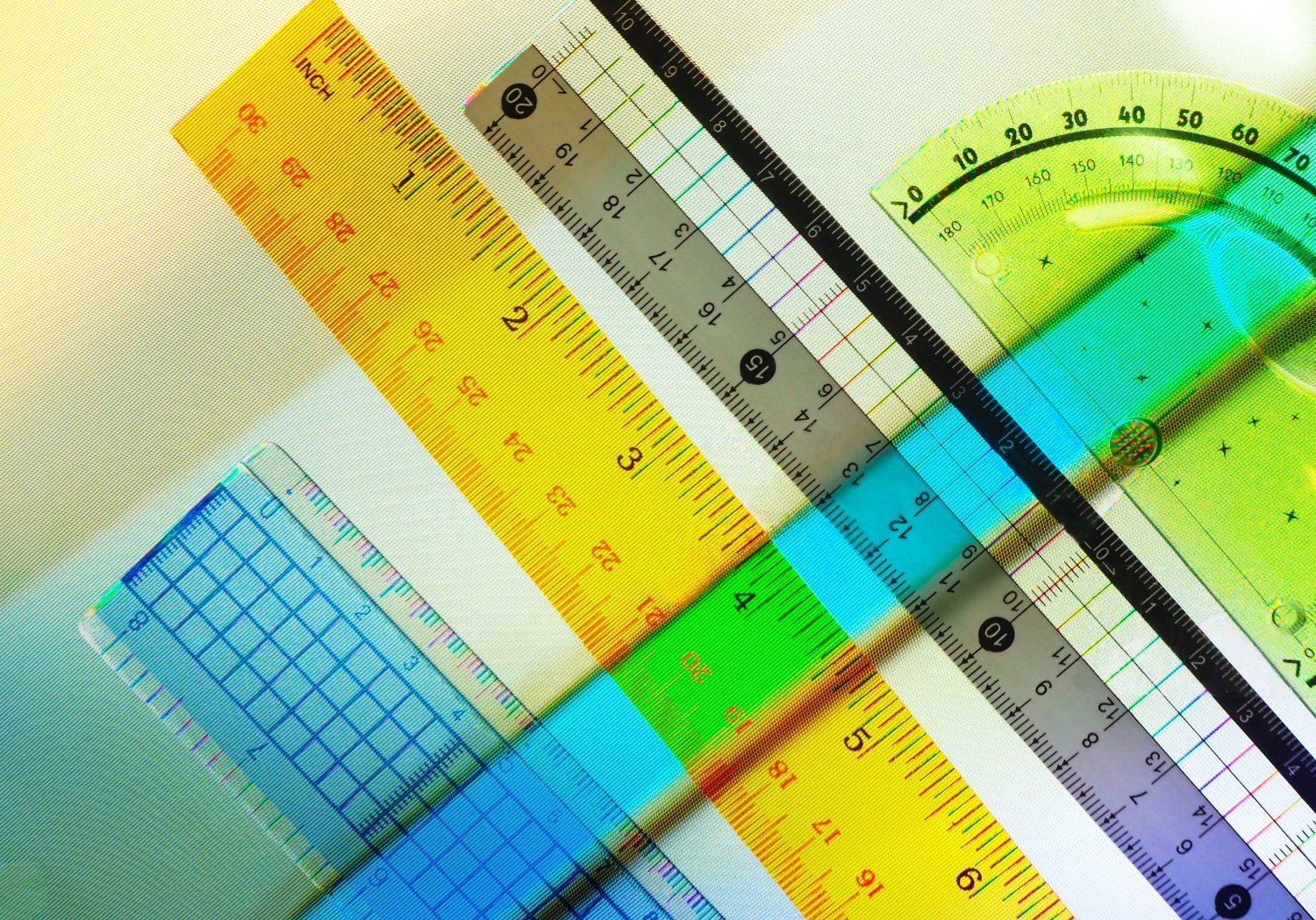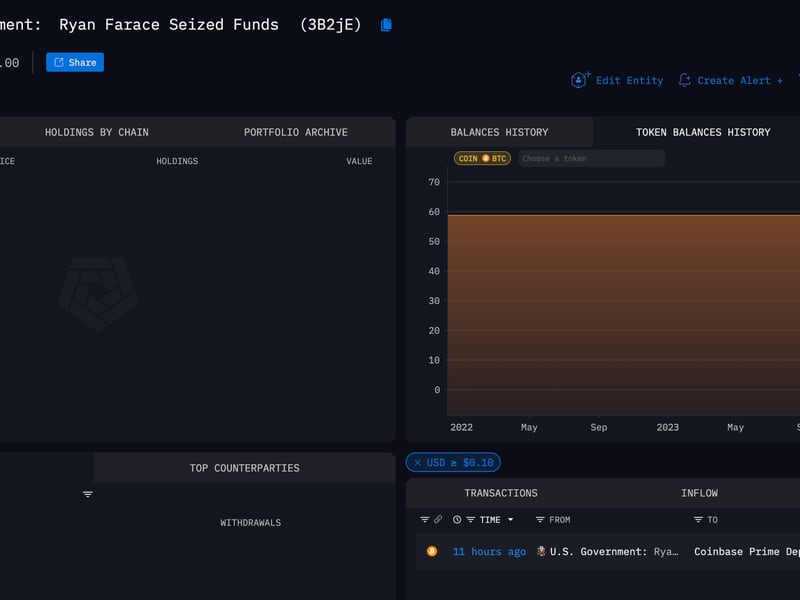Stader Labs Debuts Ether Staking Product With 6% Yield
Non-custodial multi-chain liquid staking platform Stader Labs has expanded to Ethereum this week with a product that it says gives the highest yield on ether (ETH) staking compared to other protocols.
Unlike native Ethereum staking, which requires holders to lock up a minimum of 32 ETH, Stader said it would let node operators maintain the network with just 4 ETH — or an 85% lower capital commitment. It’s a 4 ether bond, on which Stader issues an ETHx token, which can be used to represent the entire stake. The remaining 28 ether comes from liquid stakers.
Stader is offering its users a 50% reward boost resulting in a reward rate of over 6%. Meanwhile, with 8x leverage, node operators using Stader’s service can earn up to 35% more yields on their staked ETH.
Popular staking services such as Lido and RocketPool hold a cumulative $15.5 billion worth of ether, with yields ranging from 3% to 4% as of Thursday, data shows.
Staking refers to locking up tokens for a set period of time to maintain network operations of the blockchain, usually in return for token rewards. Such products are widely considered to be a passive investment strategy for investors, comparable to a savings bank.
However, the large presence of these protocols has drawn criticism from some developers, particularly with respect to centralization, which Stader is trying to address.
“While the Ethereum staking ecosystem is already mature and features multiple protocols and services, it’s somewhat centralized today as the top three entities have more than 50% ETH staked on them while the predominant liquid staking protocol has roughly 90% market share,” said Amitej Gajjala, CEO at Stader Labs, told CoinDesk in a message.
“To help alleviate these challenges and maintain our pledge to keep Ethereum decentralized, Stader has imposed a self-limit of 22% share of all staked ETH to mitigate centralization and promote a fair and balanced distribution of power among Ethereum staking solutions,” Gajjala added.
The popularity of liquid staking has been rapidly rising over the past months. In Q1 2023 alone, liquid staking was one of the fastest growing parts of the DeFi sector, showing a 210.9% increase in market capitalization, making it the third largest category in DeFi, according to CoinGecko.









